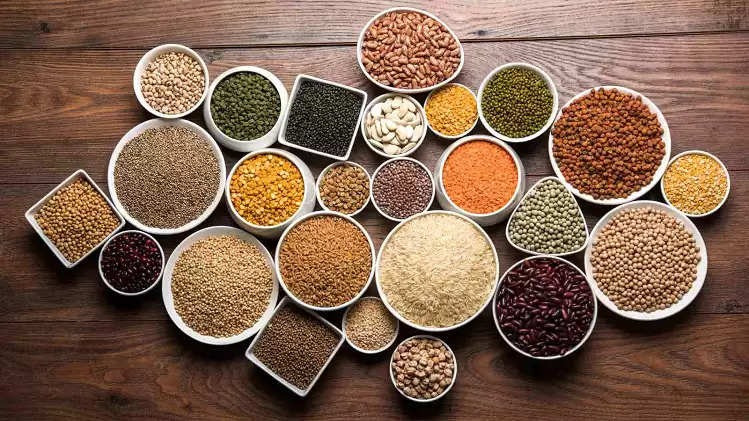High protein pulses to eat in winter: A confluence of health and warmth
Pulses are not only delicious during the winter season, but they are also rich in protein and other nutrients, which make us feel warm. At this time people are advised to consume green vegetables and fruits as well as hot spices and different types of pulses. Hot nature pulses keep the body warm and help in protecting from problems like cold, cough. Let us know about some such pulses which are especially beneficial in winter.
1. Arhar Dal
Arhar dal (also known as toor dal) contains high amounts of protein. It has a warming nature, and is rich in nutrients like potassium, fiber, magnesium, iron and calcium. Eating this keeps the stomach healthy and provides relief from the problem of constipation. Pigeon pea gives energy in winter and fulfills the deficiency of Vitamin B, thereby enhancing physical development and immunity.
2. Urad Dal
Urad dal is very beneficial in winter. Along with protein, it is also rich in calcium and magnesium. Its regular consumption keeps the body warm and bones become strong. It also provides relief from joint pain.
3. Moong Dal
Moong dal is light and easy to digest, which can become an alternative to heavy food in winters. Its nature is hot, and it provides a good amount of protein. It is very beneficial for health.
4. Rajma
Many people like the combination of kidney beans and rice. Kidney beans contain protein, calories, potassium, carbohydrates, sodium, dietary fiber, magnesium, calcium, and vitamins C and B6. Eating this maintains energy and improves digestion. Rajma also controls cholesterol level.
5. Masoor Dal
Masoor dal has a warming nature and provides many nutrients. Apart from protein, it contains good amounts of calories, potassium, sodium, fiber, carbohydrates, iron, vitamin B6 and magnesium. Eating pulses reduces the risk of diabetes, obesity, cancer and heart diseases and also helps in reducing weight.


Comments are closed.